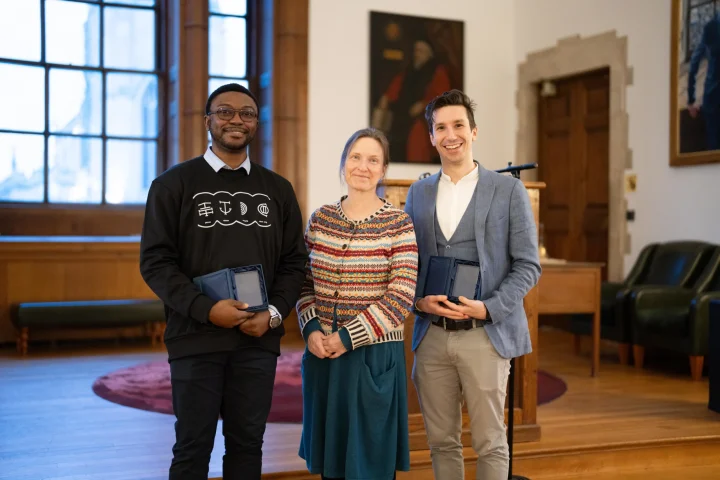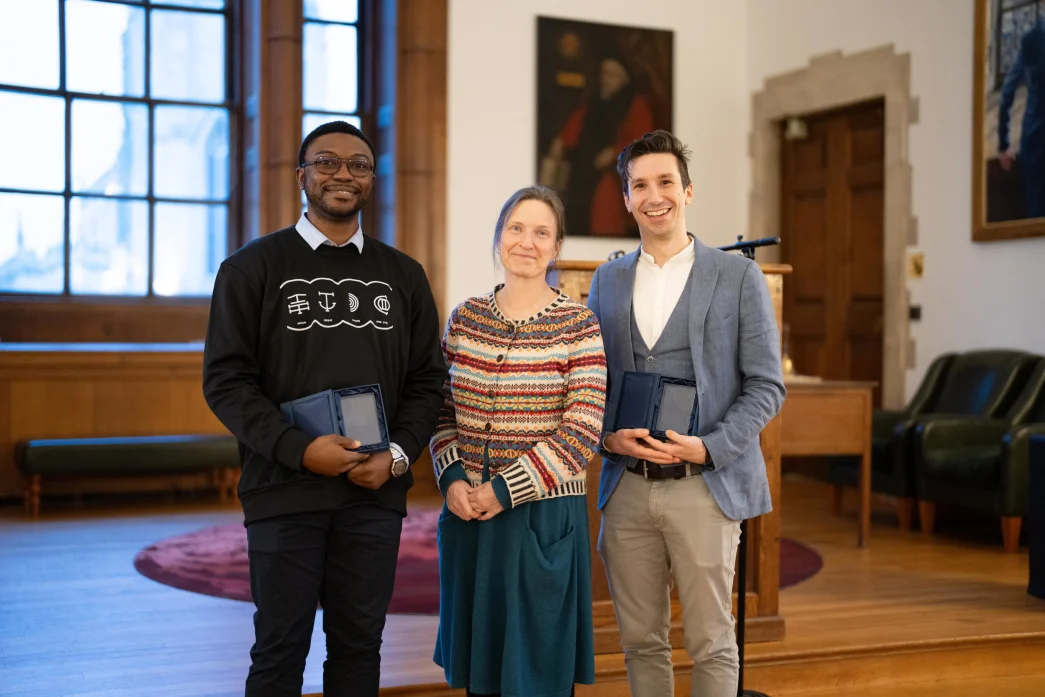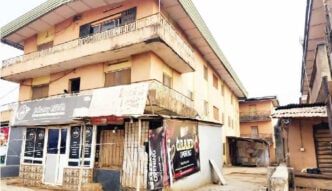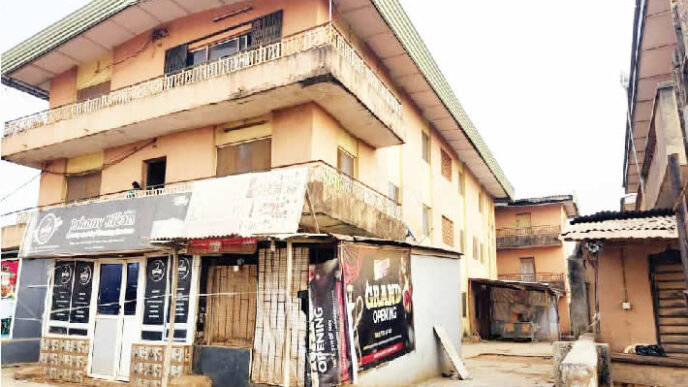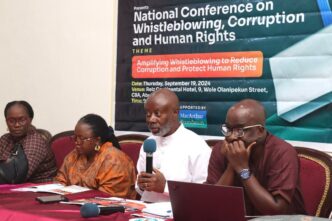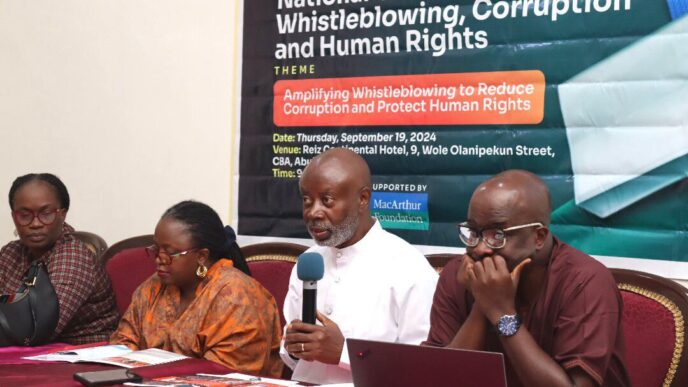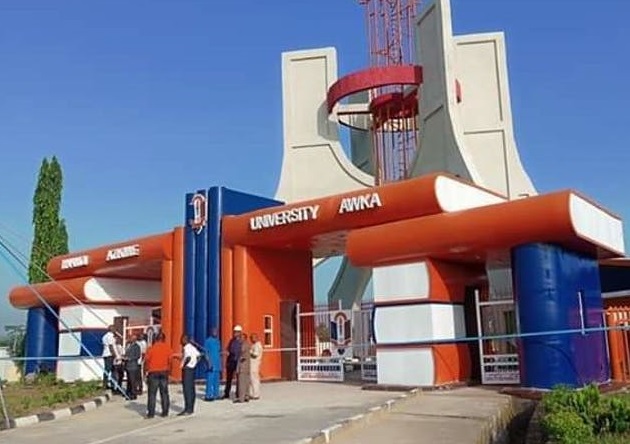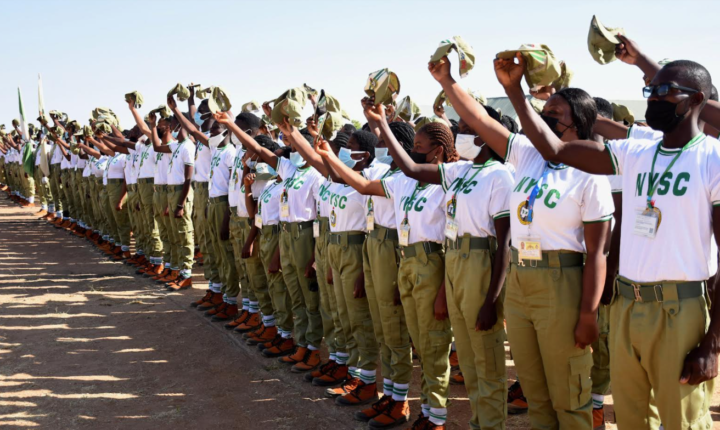(Left to right) Stanley Jachike Onyemechalu, Dr Tamsin O'Connell and Dr Nik Petek-Sargeant | Image: Cambridge Chronicles
The University of Cambridge in the UK has recognised Stanley Onyemechalu, a doctoral student in the department of archaeology, for his research on the Biafra war.
Onyemechalu’s legacies of Biafra heritage project (LBHP) explores the complex intersection of cultural heritage and the legacies of violent conflicts in the context of the Nigeria-Biafra war in the south-east.
The university announced Onyemechalu as runner-up in the early career research category in a post on Monday.
The project was implemented in collaboration with the Centre for Memories — a youth-led cultural centre focused on preserving and promoting Igbo historical events — in Enugu.
Advertisement
“The Nigeria-Biafra War (1967-1970) resulted in the death of over one million people mostly from the Igbo ethnic group, after it led an unsuccessful attempt to form a breakaway independent state called Biafra over perceived marginalisation,” Onyemechalu said.
“Successive Nigerian governments have tried to stifle the war’s history and memorialisation, leading to a gap in knowledge about the war, particularly among young people.
“This has resulted in the manipulation of the war narratives and the weaponisation of its memory by resurgent secessionist groups and parochial political actors.
Advertisement
“The LBHP was developed to address this via youth-focused art-based public engagement activities, including the ‘Dancing Memories’ exhibition.
“The title ‘Dancing Memories’ aims to portray the dynamic nature of the memories of war, which are neither static nor unidirectional but often have patterns to them: as some dances are vibrant and fervent in rhythm, others are gentle and lethargic, and this can be observed in the memories of the Nigeria-Biafra War.”
The project was funded by the University of Cambridge’s public engagement starter fund and the Wenner-Gren Foundation.
Onyemechalu thanked the university, funders, and collaborators for supporting the project.
Advertisement
Add a comment
